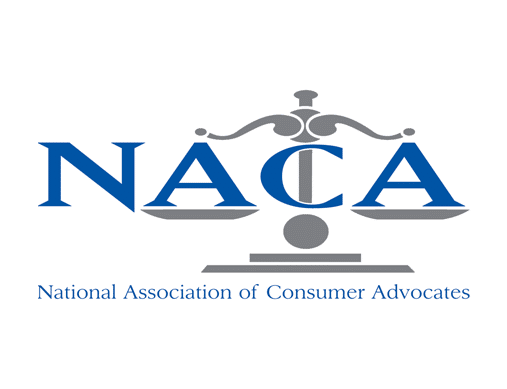On Pareto Efficiency and Business Deals
When I did my undergraduate degree at Purdue University, my major was in Management, and we didn’t have minors as such, we had “concentrations”. One of my “concentrations” was economics, and one of the courses that I took was Public Policy Economics. It was the most surprisingly useful course I took as an undergraduate.
In addition to game theory (which I was familiar with as a poker player), there were three topics that I remember specifically: 1. he difference agenda setting can make in the outcome of a transaction; 2. the “prisoner’s dilemma” scenario – (which I may cover in another post); and (3) the doctrine of Pareto Efficiency. I want to talk about Pareto Efficiency because I use this every day.
Pareto Efficiency is an economic theory that in its simplest terms says that there is room to make a deal if one party can be made better without any other party being made worse. The corollary to that is that if a party can’t be made better without another party being made worse, there is no room to make a deal. At the outset of every case I try to eyeball whether there is room to make a deal by determining whether we are already at a pareto-efficient state.
Determining that there is room to make a deal is the first step, The first step is generally explaining to the client the dynamics of trade possibilities, and the second step is making sure the opposing party understands that their is an opportunity to making a deal rather than taking on litigation until the end.
As a matter of policy we rarely take cases where I don’t think there is room for a pareto gain. If I don’t see room to make a deal, I explain to the client that I don’t see a probable settlement, and we talk about the pros and cons of litigating the case in court. In business cases and consumer cases, it rarely makes sense to take a case that you can see at the beginning is going to have to be fought to the bitter end. This approach is why we can often take business cases where the amounts are around $250,000 and keep our attorney fees at $5,000 or less.
https://en.wikipedia.org/wiki/Pareto_efficiency



